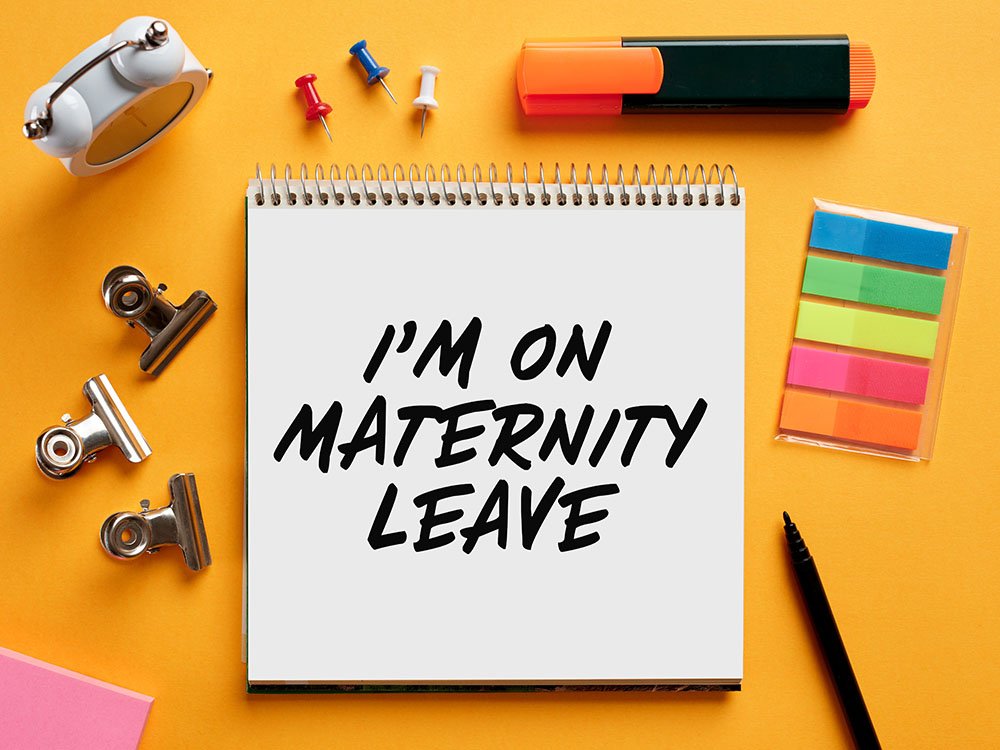Forthcoming Legislation – Employment Law Updates April 2024
Minimum Wage Increases from April 2024
The Government has announced the National Living Wage (NLW) and National Minimum Wage (NMW) rates which will apply from 1 April 2024. The NLW will be extended to 21 and 22-year-olds for the first time (having previously applied to those aged 23 or older).
The new rates will be as follows:
• the NLW (for people aged 21 or older) will increase from £10.42 to £11.44 per hour
• the 18–20-year-old rate will increase from £7.49 to £8.60 per hour
• the 16–17-year-old rate will increase from £5.28 to £6.40 per hour
• the apprentice rate will increase from £5.28 to £6.40 per hour
• the accommodation offset will increase from £9.10 to £9.99 per day.
Occupational and Personal Pension Schemes (General Levy) (Amendment) Regulations 2024
Effective from 1st April 2024, these regulations introduce new rates that will be used to calculate the general levy payable by occupational and personal pension schemes.
Having consulted on options for mitigating the ongoing deficit in levy funding, the Government has decided to retain the current levy structure and increase rates by 6.5% per year for all schemes.
The general levy recovers the core running costs of the Pensions Regulator and the Pensions Ombudsman. It also covers those aspects of the Money and Pensions Service (MaPS) which relate to general pensions guidance and elements of the pensions dashboard.
Maternity Leave, Adoption Leave and Shared Parental Leave (Amendment) Regulations 2024
These regulations bring into force the Protection from Redundancy (Pregnancy and Family Leave) Act 2023, extending the period of special protection from redundancy for employees who are on maternity, adoption or shared parental leave to 18 months after birth or adoption, and to during pregnancy.
Under current laws, if employees on maternity, adoption or shared parental leave are at risk of redundancy, employers must offer them suitable alternative employment where a vacancy exists, giving them priority over other redundant employees. However, the employer’s obligation ends once the employee has returned to work. As a result, some employers wait until an employee has returned to work from a period of family-related leave before making their job redundant.
Under the new legislation, the obligation to offer suitable alternative employment would be extended to apply to pregnant employees and those who have recently returned from a period of family-related leave. The extended protection period would cover from when an employee tells their employer they are pregnant until 18 months after the birth. The 18-month window ensures an employee returning from a year of maternity leave would receive six months’ additional redundancy protection.
For adoption, the protected period would cover 18 months from placement for adoption. And, for shared parental leave, the protected period would cover 18 months from birth provided the parent had taken at least six consecutive weeks of shared parental leave. Parents taking shared parental leave could not claim this protection if they were already covered by the legislation due to pregnancy or adoption.
Subject to parliamentary approval, the extension to the protected period will apply where the employer is informed of the pregnancy, birth or placement for adoption on or after 6 April 2024.
For our retained clients: You will shortly receive an updated policy via email for your Employee Handbook to reflect these changes.
Flexible Working Regulations Amendment
These regulations amend the Flexible Working Regulations 2014 so that the right to make a flexible working request applies when an employee begins employment. They remove the current requirement for employees to have been continuously employed for 26 weeks before making a flexible working request and thereby make the right to request flexible working a “day one right”.
The requirement for 26 weeks’ continuous employment will not apply to flexible working requests made on or after 6 April 2024.
Other changes to flexible working legislation are contained in the Employment Relations (Flexible Working) Act 2023, which will be brought into force via separate regulations that are also expected to be effective from 6 April 2024.
For our retained clients: You will shortly receive an updated policy via email for your Employee Handbook to reflect these changes.
Carer’s Leave Regulations 2024
These regulations set out the statutory scheme under which employees can apply for up to one week of unpaid carer’s leave per year in order to provide care or assistance to someone dependent upon them who has a long-term care need. The new right to carer’s leave is introduced by the Carer’s Leave Act 2023 and the Carer’s Leave Act 2023 (Commencement) Regulations Act 2023.
Eligible employees will have a “day-one” right to carer’s leave. The right will apply to employees who have a dependant with a long-term care need and want to be absent from work to provide or arrange care for that dependant.
The employee will be entitled to take at least one week’s leave in any 12-month period. The leave could be taken flexibly in individual or half-days.
The regulations set rules around notice and postponement of carer’s leave. Employees will be required to give written notice of their intention to take carer’s leave — confirming their entitlement to take it and giving notice periods as specified in the regulations. Evidence of entitlement to take the leave will not be required.
Employees taking carer’s leave will have the same employment protections as those taking other forms of family-related leave, including protection from dismissal or detriment as a result of having taken the leave.
For our retained clients: You will shortly receive an updated policy via email for your Employee Handbook to reflect these changes.
Employment Rights (Increase of Limits) Order 2024
The increases to tribunal award limits from 6 April 2024 are set out in the Employment Rights (Increase of Limits) Order 2024.
• The maximum compensatory award for unfair dismissal increases from £105,707 to £115,115. (The award is capped at the lower of this maximum figure or 12 months’ pay.)
• The minimum award of compensation for dismissal on trade union, health and safety, occupational pension scheme trustee, employee representative and working time grounds only increases from £7836 to £8533.
• A week’s pay for the purpose of calculating the basic award for unfair dismissal and redundancy payments increases from £643 to £700.
• The daily rate for guarantee pay increases from £35 to £38.
The increases apply where the event giving rise to the entitlement to compensation or other payments occurs on or after 6 April 2024.
National Insurance Contributions (Reduction in Rates) (No. 2) Bill
This Bill introduces a cut in the main rate of primary (employee) Class 1 National Insurance contributions (NICs) from 10% to 8% and a cut in the main rate of self-employed Class 4 NICs from the previously announced rate of 8% to 6%.
The reduction in Class 1 NICs to 8% was legislated in the National Insurance Contributions (Reduction in Rates) Act 2023.
The Bill is being fast-tracked to receive Royal Assent before the current parliamentary session ends on 26 March 2024.
For further support and advice on any of these Employment Law updates, please contact The HR Team.












